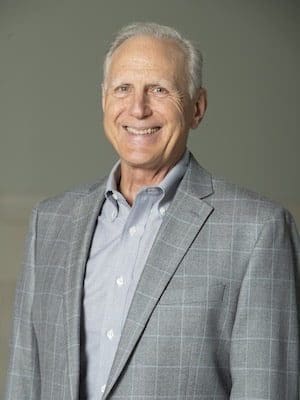By John Pierce
A U.S. district judge has issued an order in favor of Hamilton County, Tenn., to open public meetings with prayer. A Court of Appeals will surely be the next stop.
This is just one more in the long, endless series of wranglings over the mix of government and religion. The same old arguments for and against are a play again.
Chattanooga, Tenn., is religiously and politically conservative enough that no one would be surprised by the local support for the continuation of this overtly, sectarian practice. Precedents abound — including the longtime practice of opening prayers under the big dome at the end of the National Mall in Washington, D.C
Also not surprising, however, is that our nation — from one end to the other — is becoming increasing diverse. Polls and projections reveal both this clear reality and the great likelihood of even greater religious diversity in the future.
Hence, those who find such changes most threatening seek every opportunity to reinforce their own particular religious faith as the cultural norm. Even if doing so hampers full religious liberty — and is operatively shortsighted in light of this growing diversity.
By the way, you don’t hear these same concerns for government blessing from evangelical Christians who live in communities where persons of other faith traditions are in the majority. There’s a good reason for that.
So some questions to ponder:
Even if legal justification can be found, do you really want government handling spiritual affairs on any level?
Just how feeble is one’s faith if there is a perceived need for buffeting from political powers with the potential to force or enforce any kind of religious conformity? (It doesn’t take the wisdom of Solomon to know that enforced faith is not faith at all.)
Cultural dominance by conservative Christians is in decline in this nation — community after community. (That’s a period at the end of that sentence; it is reality.) Not only is there growing diversity, it is more culturally acceptable than before to admit to having no religious affiliation at all.
If the answer is to get more of “our kind” to invoke a prayer “in the name of Jesus” at a government function then we’ve missed a whole of lot of what Jesus called his followers to be and do.
If we think Christianity can be advanced by government assistance we’ve missed a lot of important history lessons.
If we think having the majority religious voice gives us the right to shout down others then we may find ourselves in a payback position that is not what we had in mind.
We might be more careful what we wish for — and pay closer attention to what both Jesus and history can teach us.
Director of the Jesus Worldview Initiative at Belmont University in Nashville, Tennessee and former executive editor and publisher at Good Faith Media.

